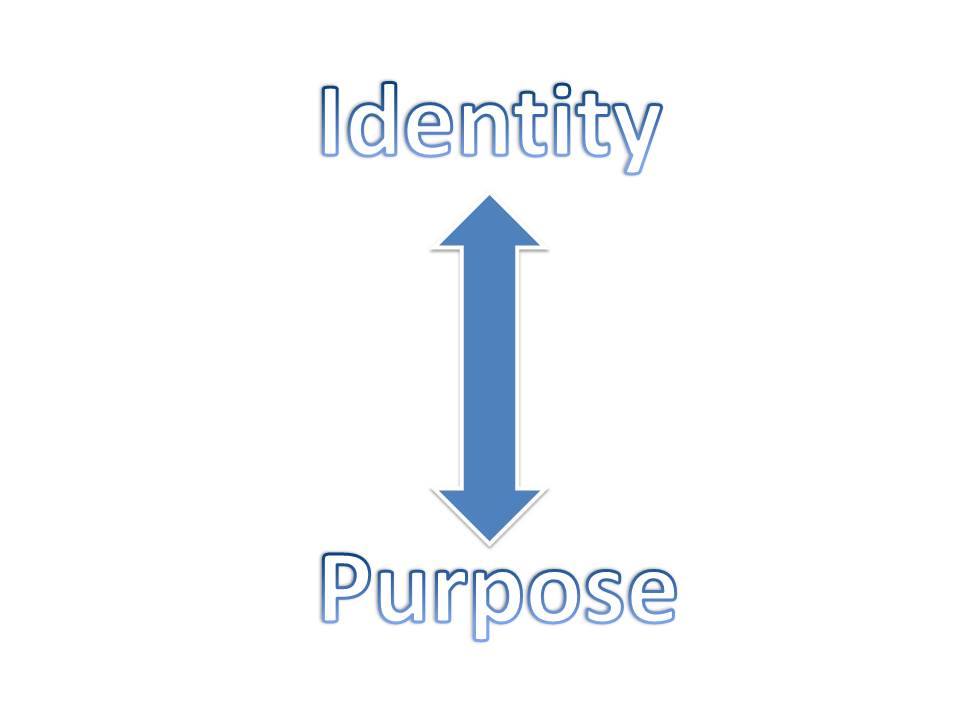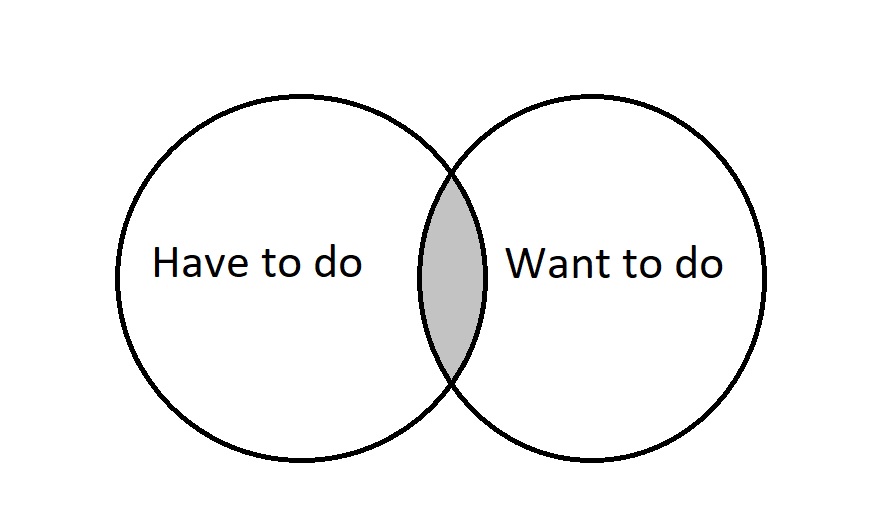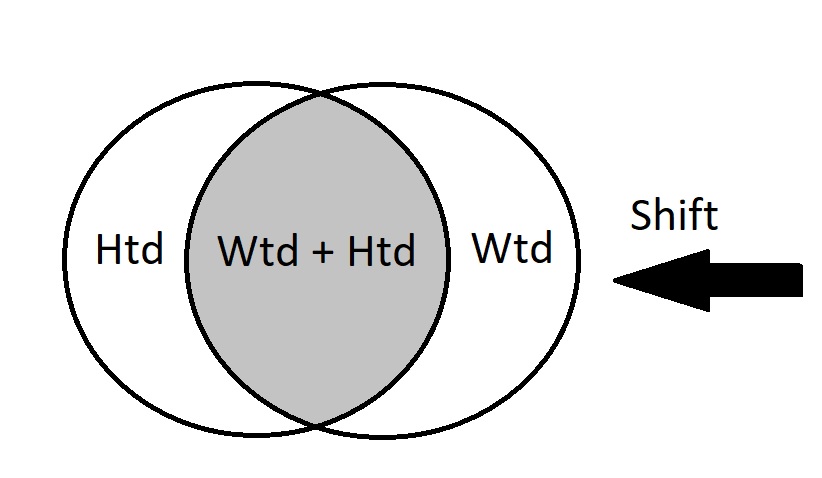Countless books have been written on how to find your purpose. It’s among the most asked questions in self-help, therapy, and counseling areas. In this article, we’ll explore what purpose really means and how to find what your purpose is.
As many wise people have pointed out, purpose isn’t something out there waiting to be found. We’re not born to do something. This mentality can keep people stuck without them finding any meaningful purpose in their lives.

They wait passively for a moment of insight to strike them and finally know what their purpose is. The reality is- finding your purpose requires being proactive.
Having a purpose in life means you’re actively trying to reach a goal that is larger than yourself, i.e. it can impact many people. Dedicating ourselves to a cause that is larger than ourselves imbues our lives with a sense of meaning. We feel our lives are worthwhile. We feel we’re doing something important.
But why?
Why do we want to have a purpose?
Why do people have this need to do ‘something big’ or ‘make a huge impact’ on the world?
The answer is: It is one of the most reliable ways to increase the chances of survival and reproduction- our basic evolutionary goals.
Having a purpose and impacting many people is the best way to raise your social status. Social status highly correlates with evolutionary success. In my article on low self-esteem, I mentioned that we have an innate desire to be seen as valuable members of our society. It enables us to provide more value to others.
When we provide more value to others, they provide more value to us (money, connections, help, etc.). Therefore, being seen as valuable gives us the resources we need to further our fundamental evolutionary goals.
The more people we provide value to, the more value we get. It’s all about climbing up the social hierarchy. The higher you climb, the more visible you become, and the more people want to exchange value with you.
There were limited things our ancestors could do to climb up the hierarchy- conquer more land, form stronger alliances, hunt more, etc.
In contrast, modern life provides endless avenues for us to raise ourselves in the eyes of ‘our people’. The more options we have, however, the greater the confusion. As author Barry Schwartz notes in his book The Paradox of Choice, the more options we have, the less we’re satisfied with what we choose.
All children dream of becoming celebrities because they can see that celebrities can affect many people.
We come pre-wired to notice who in our environment is garnering the most social attention and admiration. We have a desire to copy them and achieve the same level of social status, which, in turn, provides us with resources to meet our fundamental evolutionary goals.
Kids often dream of becoming world-famous. As people grow older, however, they usually refine the definition of ‘their people’, i.e., the people they want to impact. However, the desire to impact a large number of people remains intact because that can maximize their gains.
Hence, people seek a purposeful life to gain social acceptance and admiration from their perceived in-groups. Failing to do so seriously threatens their evolutionary goals. Studies show that when people experience social exclusion, their lives lose meaning.1
Having purpose and well-being
The mind is designed to reward us when we go toward fulfilling our fundamental evolutionary goals.2
Hence, the feeling of ‘having a purpose’ likely evolved to signal to us that we’re going in the right direction.
Research shows that gainfully pursuing evolved goals such as affiliation, kin care, and raising social status increases the feeling of having a purpose in life.3
Affiliation is nothing but having good relations with others, i.e. being seen as valuable. Providing kin care i.e. caring for your immediate family is also a way to be more valuable to your family members (Your closest in-group). Hence, affiliation and kin care are also ways to raise social status.
Besides subjective well-being, living a purposeful life also has other benefits. Studies show that people who have a purpose live longer.4
A purposeful life also contributes to better physical health in old age.5
Having a purpose makes people more resilient in the face of negative life events.6
Also, having identified a purpose in life is associated with increased life satisfaction across age groups.7
As you can see, the mind rewards us generously for living a purposeful life, i.e. fulfilling the evolutionary goals it was designed to fulfill maximally. No wonder the poorest countries are also among the unhappiest. When you struggle to make ends meet, purpose gets thrown out of the window.
The mind’s like:
“Forget about reaching evolutionary goals maximally. We got to focus on whatever minimal success we can get our hands on.”
This is why you see the poorest of the poor reproducing and having kids while the richest of the rich reject a partner because they ‘don’t have the same values’. The poor don’t have such luxury. They just want to reproduce and be done with the whole thing.
Role of psychological needs and identity
While the ultimate goal of having a sense of purpose is to raise social status, it can be done through various psychological needs.
Our life experiences primarily shape our psychological needs. They’re like different routes people use to reach their ultimate evolutionary goals.
Having a purpose in life that is rooted in a psychological need tends to be stable. ‘Following your passion’ often comes down to ‘satisfying your psychological needs’.
For example, someone who loves problem-solving might become a programmer. While they might say programming is their passion, but it’s really problem-solving that they love.
If something threatens their programming career, they can switch to another one where they can use their problem-solving skills e.g. data analysis.
The psychological need to be- and to be seen as- a good problem-solver is directly connected to reaching fundamental evolutionary goals. It’s something that’s valued by our society and having this skill makes one a valuable member of current society.
The point I’m trying to make is that the “why” precedes the “how”. It doesn’t matter how exactly you meet your psychological needs as long as you’re meeting them.
This is why passions are not always set in stone. People can change their careers and passions as long as they continue to meet the same underlying needs.
Our psychological make-up and needs define who we are. It’s the basis of our identity. We have a need to act in accordance with our self-identity. We need our actions to be consistent with who we think we are, and who we want others to think we are.
Identity is who we are, and purpose is what we want to do being who we are. Identity and purpose go hand in hand. Both feed and sustain each other.
When we find a purpose, we find a ‘way of being’. When we find a way of being, such as when we resolve an identity crisis, we also find a renewed life purpose to go after.

Living a purposeful life boils down to being true to who you are or who you want to be. If there’s a misalignment between your identity and what you’re doing, it’s bound to make you miserable.
Our identity or ego is a source of esteem for us. When we reinforce our identity, we increase our self-esteem. When people follow their purpose, they feel pride. That pride not only comes from doing good work per se but also from reinforcing the image of oneself that one presents to the world.
How to find your purpose (Step by step)
Here’s a no-nonsense, practical guide to finding your purpose:
1. List your interests
We all have interests, and these interests are likely to be connected to our deepest psychological needs. If you swear you don’t have an interest, then maybe you need to try more things.
Often, you can find your interests by going back to childhood and thinking about the activities you enjoyed doing. You should have a list of interests ready before you move to Step 2.
2. Engage in your interests
Next, you need to make a plan to engage in those interests, preferably on a daily basis. Set aside time each day to engage in your interests for at least a month.
Soon, you’ll find that some of those activities don’t do it for you anymore. Cross them off the list.
You want to narrow it down to 2 to 3 activities that you enjoy doing daily. You know, those activities that drive you. You’ll find that these activities align the most with your core values, psychological needs, and identity.
3. Selecting ‘the one’
Increase the time you spend each day doing those 2-3 activities. After a few months, you want to assess whether you’re getting good at them.
Has your skill level increased? Pay attention to the feedback from others. Which activity or skill are they praising you for?
You should find that you’ve become somewhat proficient in at least one of these activities. If an activity lights that fire of desire in you to learn more about it and to become better at it, you know it’s ‘the one’.
What you need to focus on is selecting one activity that you can take with you into the future- that one skill you can develop and nurture for a long time.
This doesn’t necessarily mean you ignore the other activities altogether. But you got to pay maximum attention and spend maximum time doing ‘the one’.
4. Increase your investment
As one Harvard Business Review article pointed out, you don’t find your purpose, you build it. Having selected ‘the one’ to focus on is just the beginning of a long road. From this point onward, you want to spend years developing this skill.
Ask yourself this question to ensure a fair level of commitment:
“Can I do this thing for the rest of my life?”
If the answer is yes, you’re good to go.
Commitment is important. Find any top performer in any area and you’ll find that they were committed to their craft for years. They didn’t look left and right. They weren’t distracted by that ‘cool new business idea’. Focus on one thing till you master it.
Eventually, you’ll get to a point where you can be valuable to your society and make an impact.
5. Find role models and mentors
Spend time with people who already are what you want to be and who are where you want to be. Following your passion is really a simple two-step process:
- Ask yourself who your heroes are.
- Do what they’re doing.
Role models inspire and motivate us. They remind us that we’re not crazy for following our hearts and protect our belief that we, too, can make it.
Not working a day in your life
I’m sure you’ve heard of the saying:
“When you do what you love, you don’t have to work a day in your life.”
It’s true. Doing what you love is a selfish thing. Someone must be crazy to pay you for that. Hobbies and passions are things we’d do anyway, regardless of success or failure.
The reason work feels like a burden to many people is because they’re doing something for something (paycheck). They derive little to no value from the work itself.
When your work inherently provides you with value, you don’t feel you’re working in the typical sense of the word. Getting paid for it becomes an additional value. Everything seems effortless.
We all start our lives from a position of having to do some things and wanting to do other things. We have to go to school. We have to go to college. We want to have fun. We want to play basketball.
While there can be some things you have to do that are also fun (e.g. eating), this overlap is small in the beginning for most of us.

As time passes and you start following your purpose, this overlap should increase. Things that you have to do but don’t want to do should be reduced to a minimum. You should maximize the things you want to do, increasing their overlap with the things you have to do.

You have to put in work, no matter what you do. There’s no question about it. But ask yourself this:
“How much of my work do I have to do and how much of it do I want to do?”
That question right there will answer whether you’ve found purpose and what you need to do to get there.
It feels weird making things like purpose and passion mathematical. Still, the greater the ratio of ‘want to do’ to ‘have to do’, the more likely it is that you’re following your passion.
References
- Stillman, T. F., Baumeister, R. F., Lambert, N. M., Crescioni, A. W., DeWall, C. N., & Fincham, F. D. (2009). Alone and without purpose: Life loses meaning following social exclusion. Journal of experimental social psychology, 45(4), 686-694.
- Kenrick, D. T., & Krems, J. A. (2018). Well-being, self-actualization, and fundamental motives: An evolutionary perspective. e-Handbook of Subjective Well-Being. NobaScholar.
- Scott, M. J., & Cohen, A. B. (2020). Surviving and thriving: fundamental social motives provide purpose in life. Personality and Social Psychology Bulletin, 46(6), 944-960.
- Hill, P. L., & Turiano, N. A. (2014). Purpose in life as a predictor of mortality across adulthood. Psychological science, 25(7), 1482-1486.
- Windsor, T. D., Curtis, R. G., & Luszcz, M. A. (2015). Sense of purpose as a psychological resource for aging well. Developmental psychology, 51(7), 975.
- Schaefer, S. M., Boylan, J. M., Van Reekum, C. M., Lapate, R. C., Norris, C. J., Ryff, C. D., & Davidson, R. J. (2013). Purpose in life predicts better emotional recovery from negative stimuli. PloS one, 8(11), e80329.
- Bronk, K. C., Hill, P. L., Lapsley, D. K., Talib, T. L., & Finch, H. (2009). Purpose, hope, and life satisfaction in three age groups. The Journal of Positive Psychology, 4(6), 500-510.
